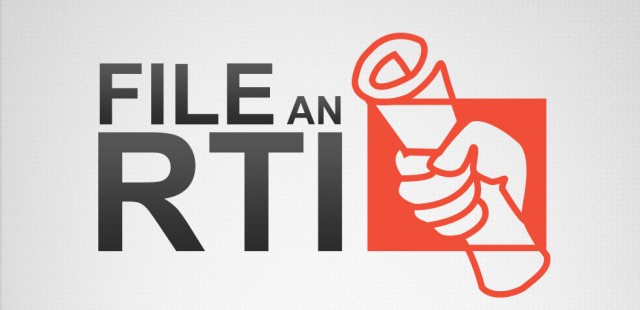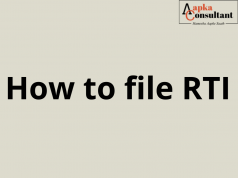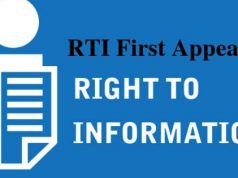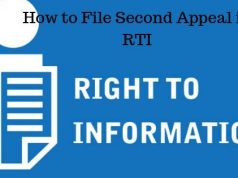RTI or Right to Information is one of the most important tools that the citizens of India can use to seek any kind of information from the Government Offices.
RTI FILING
RTI or Right to Information is one of the most important tools that the citizens of India can use to seek any kind of information from the Government Offices (Except sensitive information). The Parliament of India has passed the Right to Information Act, 2002 under which the citizen of India may request information from a “public authority” (A body of Government of India or “Instrumentality of the State”) which is required to reply expeditiously or within 30 days.
ADVANTAGE
- Empowerment of a Common Man: Through RTI, they have got the full rights to be informed about anything which affects their life directly or indirectly and the responsible authorities have to answer them affirmatively.
- Easy mode of disseminating the Information: RTI has been considered a very effective tool for disseminating the information from the person who received it and this is in turn considered to be easy accessibility to information on one hand and time conservation of all.
- Protection of Information: Since selected persons with selected queries will be entertained, this will lead to protection of information thereby protecting everyone from being wrongly or inappropriately informed.
Fill the Information Form
Provide required Documents.
FAQ
1. What is Information?
Information is any material in any form. It includes records, documents, memos, e-mails, opinions, advices, press releases, circulars, orders, logbooks, contracts, reports, papers, samples, models, data material held in any electronic form. It also includes information relating to any private body which can be accessed by the public authority under any law for the time being in force.
2. What is the objective of Right to Information Act?
The basic object of the Right to Information Act is to empower the citizens of the country, promote transparency and accountability in the working of the Government, restrict corruption, and make our democracy work for the people in real sense.
3. Is there any specific format for RTI application?
There is no prescribed format of application for seeking information under Right to Information Act. It can be made on a plain paper. However, it must contain the name and the complete postal address of the applicant.
4. Is it required to give any specific reasons for seeking information?
No, it is not required to give specific reasons to obtain information under the Act.
5. Is there any provision for exemption under the Act from Disclosure of Information?
Sub-section (1) of section 8 and section 9 of the Act enumerate the types of information which is exempt from disclosure. Sub-section (2) of section 8, however, provides that information exempted under sub-section 3 (1) or exempted under the Official Secrets Act, 1923 can be disclosed if public interest in disclosure overweighs the harm to the protected interest.
6. What is the Fee for Seeking Information from Central Government Public Authorities?
A person who desires to seek some information from a Central Government Public Authority is required to send, along with the application, a demand draft or a banker’s cheque or an Indian Postal Order of Rs.10/- (Rupees ten), payable to the Accounts Officer of the public authority as fee prescribed for seeking information. The payment of fee can also be made by way of cash to the Accounts Officer of the public authority or to the Assistant Public Information Officer against proper receipt.
7. What is the time period for supply of information under the Act?
Normally, the applicant should be supplied with the information within 30 days from the date of receipt of application by the public authority. If the information sought concerns life and personal liberty of the individual, it should be supplied within 48 hours. In case the application is sent through the Assistant Public Information Officer or it is sent to a wrong public authority, five days shall be added to the period of thirty days or 48 hours, as the case may be.
8. Is there any provision for appeal under the Act if the information sought is not supplied?
If the applicant is not supplied with the information within the prescribed time limit under the Act, or is not satisfied with the information supplied, the person may prefer an appeal to the first appellate authority who is an officer senior in rank to the Public Information Officer. Such an appeal should be filed within a period of thirty days from the date on which the limit of 30 days of supply of information is expired or from the date on which the information or decision of the Public Information Officer is received. The appellate authority of the public authority shall dispose of the appeal within a period of thirty days or in exceptional cases within 45 days of the receipt of the appeal.
OUR SERVICES
Company Registration I Trademark I Copyright I Patent I GST I MSME
ISO Certification I Website/App Policy I Legal Documentation
Annual Compliance I Connect Consultant
Visit: Aapka Consultant to get Online Services of CA CS & Lawyers.












